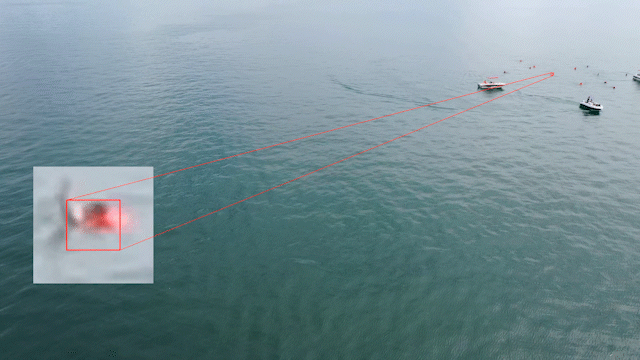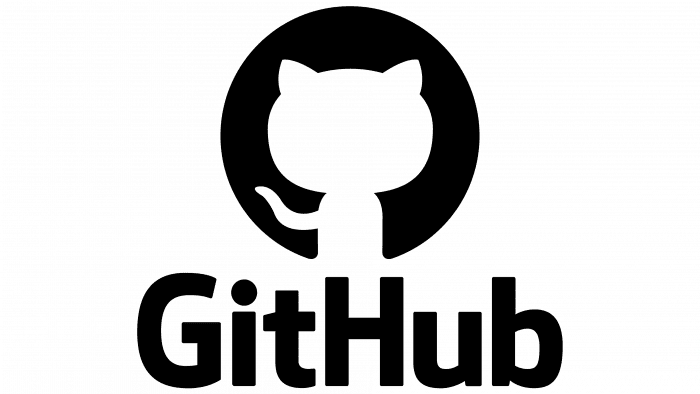Home

Description:
SeaDronesSee is a large-scale data set aimed at helping develop systems for Search and Rescue (SAR) using Unmanned Aerial Vehicles (UAVs) in maritime scenarios. Building highly complex autonomous UAV/drone systems that aid in SAR missions requires robust computer vision algorithms to detect and track objects or persons of interest. This data set provides three sets of tracks: object detection, single-object tracking and multi-object tracking. Each track consists of its own fully labeled data set and for most there is a leaderboard.
News:
| Item | Start Time |
|---|---|
| Opening | 08:30 |
| 1st Keynote: Underwater computer vision challenges | 08:40 |
| 2nd Keynote: UAV-based object detection for maritime Search-And-Rescue missions | 09:10 |
| Spotlight presentations of submitted papers | 09:40 |
| Coffee break & poster session; simultaneous online meet-up | 10:20 |
| 3rd Keynote: Satellite-based marine litter detection | 10:45 |
| Challenges overview and results | 11:15 |
| Presentations of challenge winners | 12:15 |
| 5 minute break | 12:55 |
| 4th Keynote: Scaling aerial whale monitoring using active learning | 13:00 |
| Panel Discussion with Sentient-Vision, Whaleseeker, and TBA. | 13:30 |
| Closing Remarks | 14:00 |
UAV-based (Binary) Object Detection v2:
1. USYD (AP: 0.6152), 2. Fraunhofer IOSB (AP: 0.6062), 3. BUPT MCPRL (AP: 0.5900)
UAV-based Multi-Object Tracking:
1. BUPT MCPRL (HOTA: 0.666), 2. NUDT (HOTA: 0.650), 3. VITA-ISPGroup (HOTA: 0.633)
USV-based Obstacle Segmentation:
1. BUPT MCPRL (Avg.: 93.5), 2. HKUST (Avg.: 93.2)
USV-based Obstacle Detection:
1. Fraunhofer IOSB (Avg.: 0.546), 2. Nvlab x Acvlab (Avg.: 0.514), 3. Ocean U. (Avg.: 0.492)
Congratulations to the winning teams! Soon, you will receive mails regarding a presentation invitation during the workshop.
Furthermore, we are happy to announce that Sentient Vision Systems will be sponsoring prizes for the best three teams of the UAV-based Object Detection v2 track. Each of these teams will receive a GPU card selected and supplied by Sentient (details soon). Again, we thank all participants for their submissions and are looking forward to an eventful workshop with fruitful discussions. More on the workshop program soon.
Datasets:
Object Detection v2: 8,930 train images, 1,547 validation images, 3,750 testing images
Object Detection: 2,975 train images, 859 validation images, 1,796 testing images
Single-Object Tracking: 58 training video clips, 70 validation video clips and 80 testing video clips
Multi-Object Tracking: 22 video clips with 54,105 frames
Multi-Spektral Object Detection: 246 train images, 61 validation images, 125 testing images
MODS Obstacle Detection and Segmentation: hosted as part of the upcoming Workshop.
DeepGTAV-SeaDronesSee: 90,000 synthetic images
Seagull - Traffic Monitoring and Surveillance: advertised here as part of the upcoming Workshop.
Boat-MNIST: 3,765 train images, 1,506 validation images, 2,259 testing images
We will continue to update this data set to make it more versatile and reflect real-world requirements in dynamic situations.
Citation:
If you find SeaDronesSee or this evaluation webpage useful, consider citing this or this paper:
@article{kiefer20221st, title={1st Workshop on Maritime Computer Vision (MaCVi) 2023: Challenge Results}, author={Kiefer, Benjamin and Kristan, Matej and Per{\v{s}}, Janez and {\v{Z}}ust, Lojze and Poiesi, Fabio and Andrade, Fabio Augusto de Alcantara and Bernardino, Alexandre and Dawkins, Matthew and Raitoharju, Jenni and Quan, Yitong and others}, journal={arXiv preprint arXiv:2211.13508}, year={2022} }
@inproceedings{varga2022seadronessee,
title={Seadronessee: A maritime benchmark for detecting humans in open water},
author={Varga, Leon Amadeus and Kiefer, Benjamin and Messmer, Martin and Zell, Andreas},
booktitle={Proceedings of the IEEE/CVF Winter Conference on Applications of Computer Vision},
pages={2260--2270},
year={2022}
}
If you use MODS, consider citing the following paper:
@article{bovcon2021mods,
title={MODS--A USV-oriented object detection and obstacle segmentation benchmark},
author={Bovcon, Borja and Muhovi{\v{c}}, Jon and Vranac, Du{\v{s}}ko and Mozeti{\v{c}}, Dean and Per{\v{s}}, Janez and Kristan, Matej},
journal={IEEE Transactions on Intelligent Transportation Systems},
year={2021},
publisher={IEEE}
}

